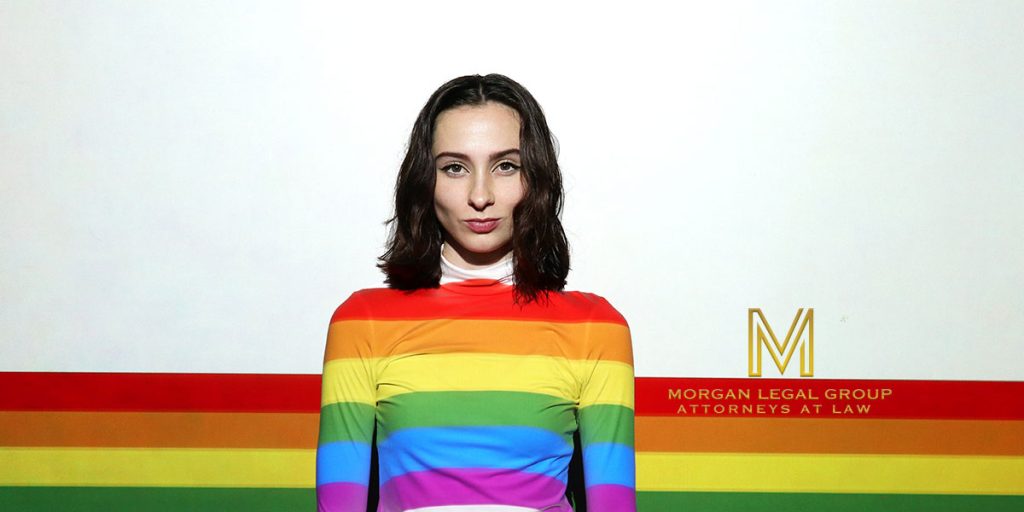LGBTQ Divorce in New York: A Comprehensive Legal Guide
Expert Insights by Morgan Legal Group P.C.
Introduction
Divorce is a complex and sensitive matter that affects individuals and families from all walks of life, including the LGBTQ community. In New York, where diverse families thrive, understanding the legal intricacies of LGBTQ divorce is essential. This comprehensive guide, prepared by the experts at Morgan Legal Group P.C., explores the nuances of LGBTQ divorce in New York, providing valuable insights and expert advice for individuals seeking legal support.
Understanding LGBTQ Divorce
LGBTQ divorce, like any other divorce, involves the legal process of ending a marriage or domestic partnership. However, LGBTQ couples may face unique challenges related to their sexual orientation or gender identity. It’s crucial to work with experienced attorneys who understand these specific issues to ensure a fair and just resolution.
The Importance of Legal Representation
Having a knowledgeable attorney who is well-versed in LGBTQ family law is crucial during this process. They can provide expert guidance on various aspects, including:
- Property division
- Child custody and visitation rights
- Spousal support or alimony
- Legal name changes
- Ensuring protection against discrimination
Key Considerations in LGBTQ Divorce
1. Property Division
New York is an equitable distribution state, which means that marital property is divided fairly, though not necessarily equally. This includes assets acquired during the marriage, such as real estate, bank accounts, investments, and personal property. Understanding the complexities of property division is crucial in ensuring a fair outcome for both parties.
2. Child Custody and Visitation Rights
For LGBTQ couples with children, issues of custody and visitation are paramount. New York courts make decisions based on the best interests of the child, taking into account factors such as the child’s relationship with each parent, stability, and the ability to provide a safe and nurturing environment.
3. Spousal Support or Alimony
In LGBTQ divorces, one party may be entitled to receive spousal support, depending on factors like income disparity, the length of the marriage, and the recipient’s financial needs. It’s crucial to work with an attorney who can help negotiate fair spousal support arrangements.
4. Legal Name Changes
For individuals who changed their names upon marriage, reverting to a previous name or adopting a new name after divorce is an important step. An experienced attorney can guide you through the legal process of changing your name on official documents.
5. Protection Against Discrimination
LGBTQ individuals may face unique challenges, including discrimination or bias during divorce proceedings. An experienced attorney can advocate for your rights and work to ensure a fair and respectful process.
Working with an Experienced LGBTQ Divorce Attorney
Choosing the right attorney is a crucial step in navigating the complexities of LGBTQ divorce in New York. At Morgan Legal Group P.C., we have a deep understanding of LGBTQ family law issues and are dedicated to providing compassionate, expert legal support to individuals and families in the LGBTQ community.
Contact Us for Expert LGBTQ Divorce Support
If you’re facing an LGBTQ divorce in New York, it’s essential to have the right legal team by your side. Contact Morgan Legal Group P.C. today for a consultation. Our experienced attorneys are here to guide you through every step of the process.






